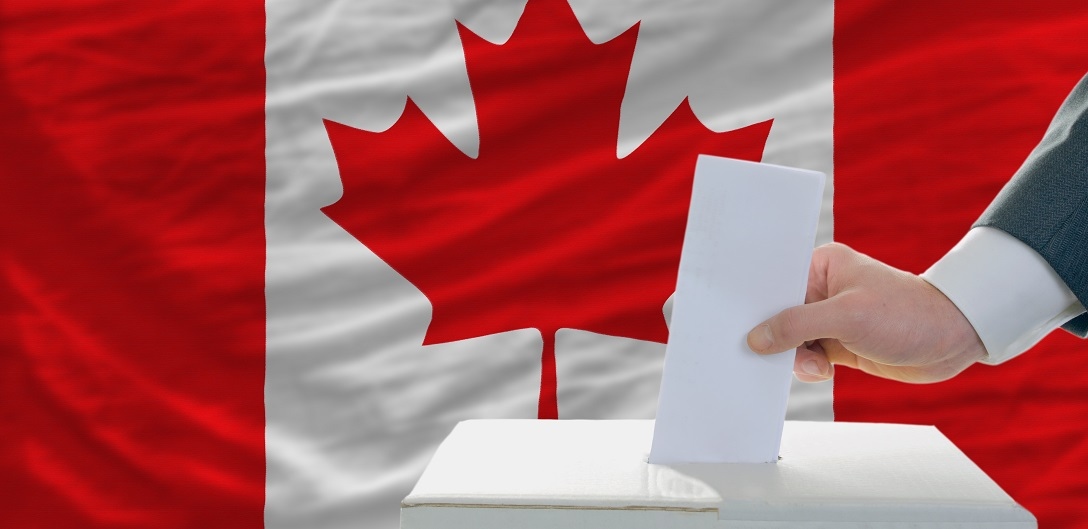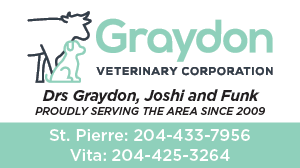
This may not be exactly earth-shattering to acknowledge, but here goes nothing: rural residents of Western Canada really like the Conservative Party. A lot. Which is sort of like saying that winter is cold.
But the purpose of this article isn’t meant to figure out why these areas of the country are so partisan. Rather, the question is this: is electoral uncompetitiveness a problem?
It’s perhaps helpful to look back at the electoral history of Provencher. Although it may seem to modern voters as though the Conservatives have held this seat since the dawn of time, the reality is that there have been a few key swing eras.
Established in 1871, Provencher’s voters kept things fluid for the first few years, alternating between Conservative, Liberal, and Independent MPs until 1878, including a two-term stint by Louis Riel. (Yes, that Louis Riel.)
Then, for 26 years from 1878 until 1904, voters settled into a predictable Conservative pattern. But in 1904, voters here took a chance and elected a Liberal in the form of Joseph Ernest Cyr, a politician originally from Quebec who also served for a time as the mayor of St. Boniface and held provincial office for five years.
Cyr’s victory set off a Liberal dynasty that lasted a staggering 53 years until Progressive Conservative Warner Jorgenson finally broke through in 1957. The rest has been history, with the Conservatives holding the seat for 51 of the next 62 years.
Since 1957, there have been only two notable breaks in that Conservative dominance. In 1968, at the height of “Trudeaumania,” Provencher went for a Liberal, Mark Smerchanski, by a narrow margin, only to revert back to the Conservatives one election later. Then, from 1993 until 2000, David Iftody came up the middle, taking advantage of the PC/Reform vote split that marked a decline in the right wing’s political fortunes that decade.
But even during the Iftody years, the number of conservative-minded voters didn’t change much.
Whenever a federal election is called in Canada, a bevy of politicians, pollsters, and journalists start making lists to identify which ridings could be in play, places where voters might take a chance on someone new, might give a different party a shot at governance. That’s where all the campaign dollars tend to go, with candidates eager to court those constituencies’ votes.
Provencher is never on those lists.
Lack of competitiveness isn’t just an issue in southeastern Manitoba, of course. Canada saw five federal elections from 1997 until 2008, and in each of those elections more than 50 percent of ridings across the country were considered uncompetitive, meaning that there was virtually no chance any party could expect a substantial shift in political opinion in those places. Even in 2015, when Justin Trudeau’s Liberals swept to a majority government, more than one-quarter of Canadian ridings were uncompetitive—Provencher being one of them, of course.
The situation is even more rigid in Alberta, where more than 85 percent of ridings have been consistently uncompetitive since 1997. It could be said that because of this the various political parties have little incentive to appeal to the good folks of Alberta.
Or the good folks of Provencher.
One might fairly ask, does our tendency to elect just one political party, term after term after term, yield any benefits? Is there any tangible upside to this kind of political loyalty? The party representing us is often so confident we’ll re-elect them that they can lavish their time, money, and attention elsewhere. And the opposition parties are generally so confident they’ll lose that they don’t bother to court our votes either.
There’s a term in the United States for a group of people called “yellow dog Democrats.” The term is thought to have been coined in the mid-1920s, and it originally referred to voters in the South who were so dead-set on voting Democratic that they would vote for a yellow dog before a Republican.
Is that what we’ve become here in southeastern Manitoba? Are we yellow dog Conservatives?
Now, none of this is to say that voting Conservative is a bad move. Far from it! But when elections come around, it’s fair to say that plenty of people in this area probably feel like their votes don’t count for much. Although you might see the occasional Liberal, NDP, or Green sign on the edge of the highway during your morning commute, you’re not likely to entertain any candidates at your front door. You’re not likely to hear about any political forums or debates. Because in uncompetitive ridings, there may seem little point to it.
In short, the result can be political disengagement.
Maybe, instead of assuming that we already know who to vote for, we’d be well served to take a fair and focused look at the other local candidates throwing their hat into the ring. Learn a little bit about who they are and what they’re about. See what the other party leaders are saying. Perhaps even take a few minutes to look through the different party platforms (they’re all available on the party websites).
Voting should be more than instinct; it should be intentional and considered. When it comes to deciding who’s going to lead us for the next four to five years, let’s give the question some careful thought. We owe it to ourselves.



















